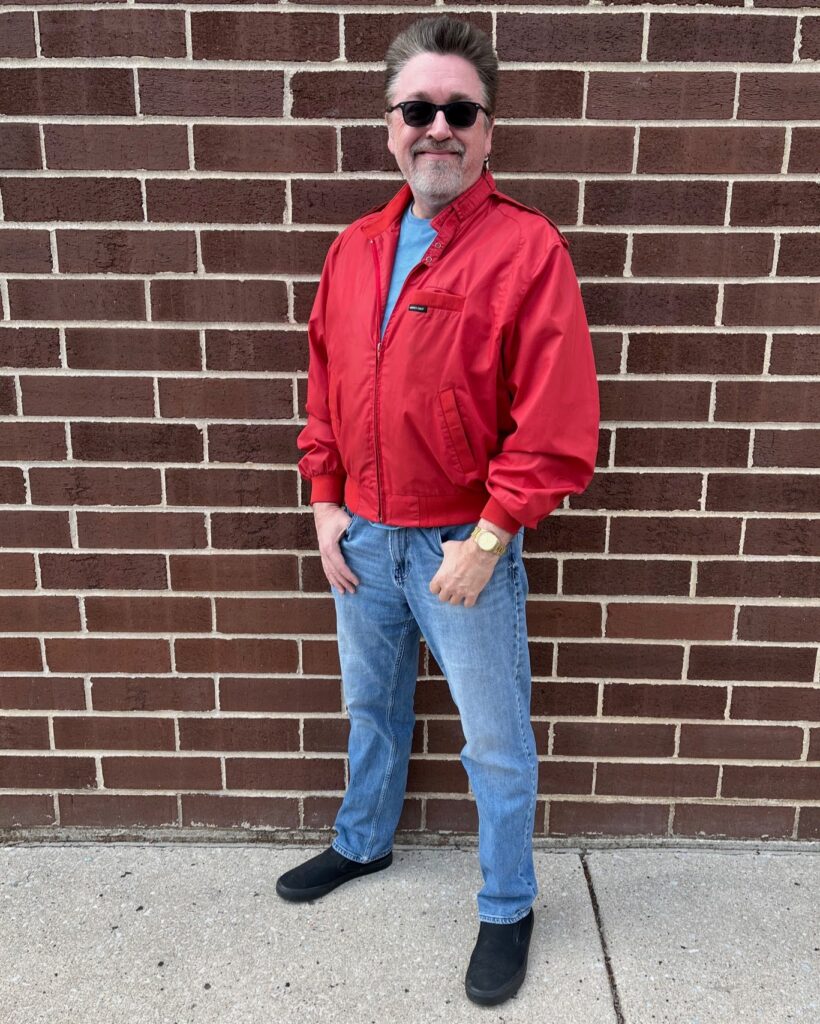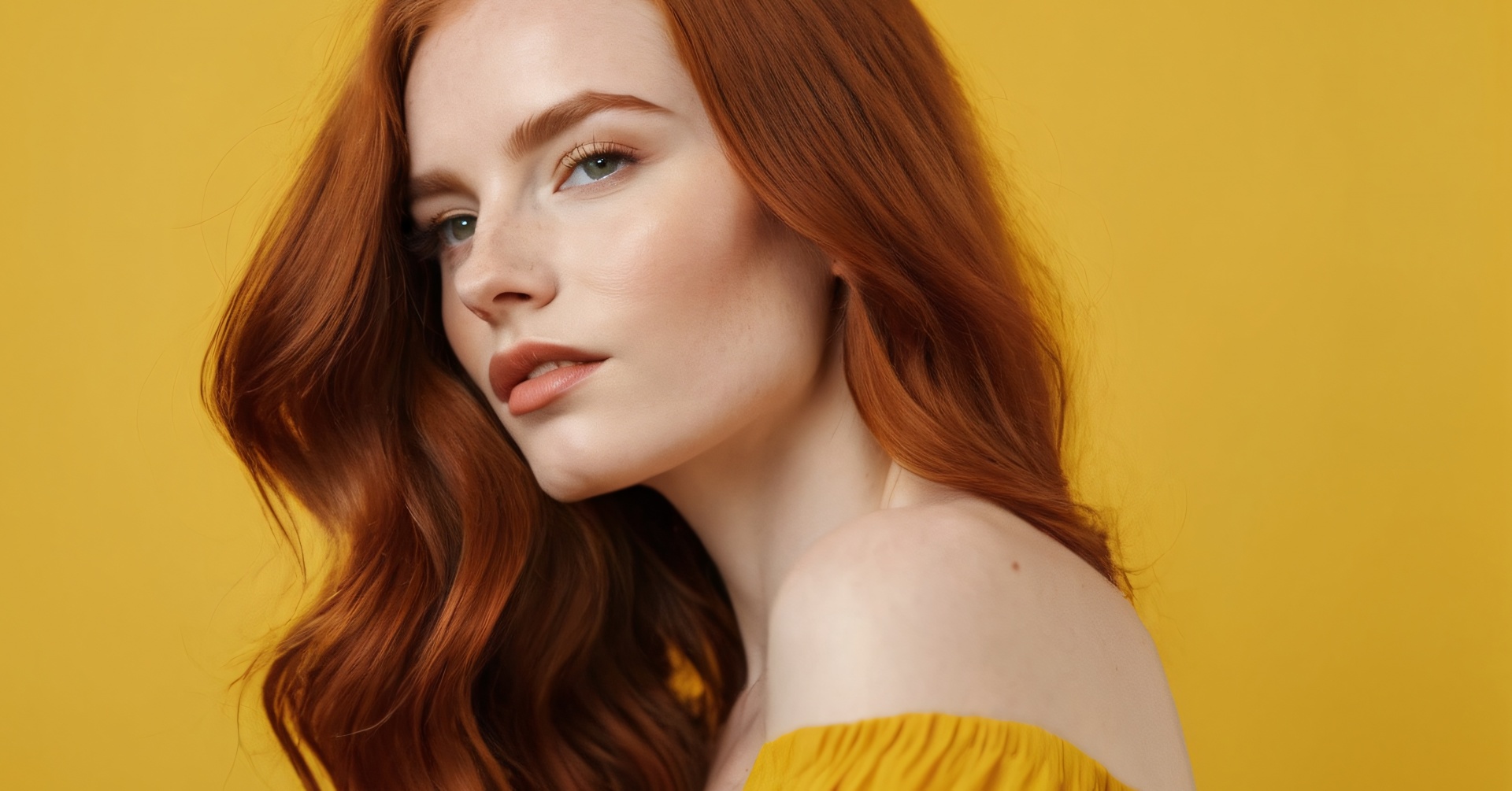Last Friday I wrote and published an interview called, “Jenny’s Feedback and Graceful Truth“. It was not only the most popular Fem Friday in over three months, but it also created some comments that have left me moved.
Jenny is profoundly deaf. She communicated to me about her experiences as a woman who felt the isolation of ableism ingrained in our culture. Other women with other disabilities gave comments in public and in private that echoed her thoughts. It is not lost on me that I am part of the problem. More on that later.
Jenny’s Thoughts on Being a Woman Isolated
From the original article:
As a deaf woman she has never been included in feminism and in her adult life. Social encounters with other women in her neighborhood did not exist either. Moms in school, women in church, women in her cozy suburban neighborhood. She was not invited into their spaces for one reason and one reason only.
She told me that one time her ability to parent was questioned by other moms when her child was in middle school. The kid was going through normal middle school stuff and other moms assumed a deaf woman could not properly raise a hearing child. The school listened to the moms and involved school counselors. She had to hire a lawyer and an interpreter to prove she could mother her child. Despite laws that protect her and resources for the school readily available to understand, she had to defend her right to parent her child because of her neighbors.
Jenny explained to me that there are over 11 million deaf people in the US. Almost half of them are women. And hearing women keep them at arm’s length and you do not always have access to another deaf woman to have tea or wine with and share this pain while the parties and gatherings go on in your suburban subdivision without your family invited.
The Echoes
The following are two comments about the article from women who identified with Jenny. One was a comment on the article’s website. The other was a public social media post asking people to read the article.
“As a person who has been so often excluded and has nearly no social life because of my disability, I viscerally FELT the isolation of her lack of community and support. I have no peers. I have no friends that I gather with. I go almost nowhere if it isn’t for causes I’m doing things for. I was ignored by all adult women until I had a baby and then I was a curiosity of sorts. I have no public representation of disabled parenting, see no representations of my life in film or tv except as emotional props. People see me as helpless or as amazing for doing the smallest, insignificant things… I do not often get seen as a woman, full stop. Please acknowledge that somewhere in your book if you can. I hide it well but it’s really hard at times and life can be very lonely. Thank you for not shying away from reality (which is complex) and for making that effort.“
–Allaina
“Please give this a read. It describes, on a personal level, what it is like to live with a disability, especially as a woman. This is about a friend’s experience reconnecting with someone quite special from his high school days.
It resonates with me because she describes what it is like to be ‘different’. When you are either born with a disability or became disabled/chronically ill later in life, you learn how you don’t belong with those who are able bodied. You are expected to adapt to them; instead of them making an ounce of effort to fit into your life. I also believe that the obsession America and most of the Western world has with youth, and a fear of ageing and death makes dealing with someone with a disability or chronically illness a constant reminder of one’s own humanness and mortality.
I hope this helps open eyes, and helps able bodied people understand others better.“
–Gina
Before we move on to the next section, please read the words of Jenny, Allaina, and Gina again.
How to Make the World Less Ableist
Ableism is everywhere. It is not just bullies, openly discriminatory people, and a lack of ramps at public buildings. We exhibit it daily and see it daily. On a larger scale I want to write about it more, but I need to do some personal education. But in the comments of three remarkable women, we have a simple thing we can do with intention.
Make friends with a person who has a disability. Obviously this needs to be done respectfully and not tokenizing a person.
Jenny had girlfriends. Her best friend turned out to be my girlfriend in 1988 and 1989. Those friendships, something many of us take for granted, were a memorable season in her life. A short window of time where she was equal and seen as one of the girls.
Making new friends is not easy for all of us. But it often starts with simply saying hello. From there, you find out what you have in common. If you read the thoughts of Jenny, Allaina, and Gina, you’ll see that this little act of having a new friend in your life will change a life more than any meme about ramps will ever do.
Some Quick Thoughts From Jenny
I told Jenny I was doing a follow up article and asked her opinions. The first thing I asked if it was okay to encourage my readers to make friends with people who have disabilities or chronic health conditions. She said, “Yes! But make a pal and not a pet. Some people like project and I’m not a rescue. We like the same things you do. Movies, music, games, books, sex, doomscrolling.”
From there I asked her for any tips she would have about our daily encounters with people who have a disability.
“A woman commented on our chat. I love what she said about people seeing her as amazing for doing simple things. Don’t see us as amazing for doing the mundane. Disability porn is everywhere on social media. Look at this disabled person doing this! What is your excuse for not doing this? I hate that garbage! Those implant videos ‘hearing for the first time’ are terrible too. American Idol had a singer who was deaf and the disability porn factor was gross. They had an opportunity to create awareness and educate on one of the top shows back then and they went for sensational. Deaf women drive cars, blind women play guitar, women in wheelchairs go to the gym.”
“If anyone says they wouldn’t know how to meet a person with a disability, you do every day. 20% of people have something going on. That’s 1 out of every 5. We aren’t that hard to find. The rest of it’s just common sense and googling what not to say. Like don’t refer to yourself as normal implying I’m not.”
I asked her if she had any other insights. She gave me a shrug emoji and then added, “I hope some women take this idea. Women with a disability are 4 times more likely to commit suicide than an able bodied woman. Isolation kills. Womanhood is all women. Black, brown, trans, and with disability. Too much of this is white able chicks. Conservatives and liberals shut us out equally.”
Personal Reflections
Jenny and I are having a renewal in our friendship and I love that. But I feel strongly that I need to step up. 35 years ago I could have a conversation in ASL with her effortlessly. Not anymore. That needs to change. She should not accommodate me. Yes, she has electronic devices that help her hear things poorly. Yes she knows how to read lips. But I know for a fact she prefers sign and prefers the off switch on her hearing aids for a variety of reasons.
The bigger part is I am realizing that ableism is not just a word we use when referring to people we disagree with politically. It is a part of society. We have crafted a world that is not made for the full diversity of bodies. No one should be an afterthought. I am part of the problem and need to grow and educate myself and be a good friend and neighbor like Mister Rogers taught me to be.
As far as the book series I am writing? The character based on Jenny, cleverly named Jenny (if you are Gen X you know many Jennys. It’s a thing), has been expanded to a larger character, especially in the third book. To ensure her character is represented well, I am having a young women from the Deaf Community look over drafts to ensure we have a character that is represented well and can be enjoyed by all.
This editorial oversight on the books is not Jenny. I decided to take my own advice and made a new friend.
Support Me and Gen X Watch!

It would mean a lot.
There are three ways you can do this:
1. Share this story with a friend and leave a comment.

2. Tip me! I need your support!
3. Become a Members Only Patreon!
Thank you for your support and taking the time to read this.
Stay Totally Awesome! Stay true to you.

Leave a Reply